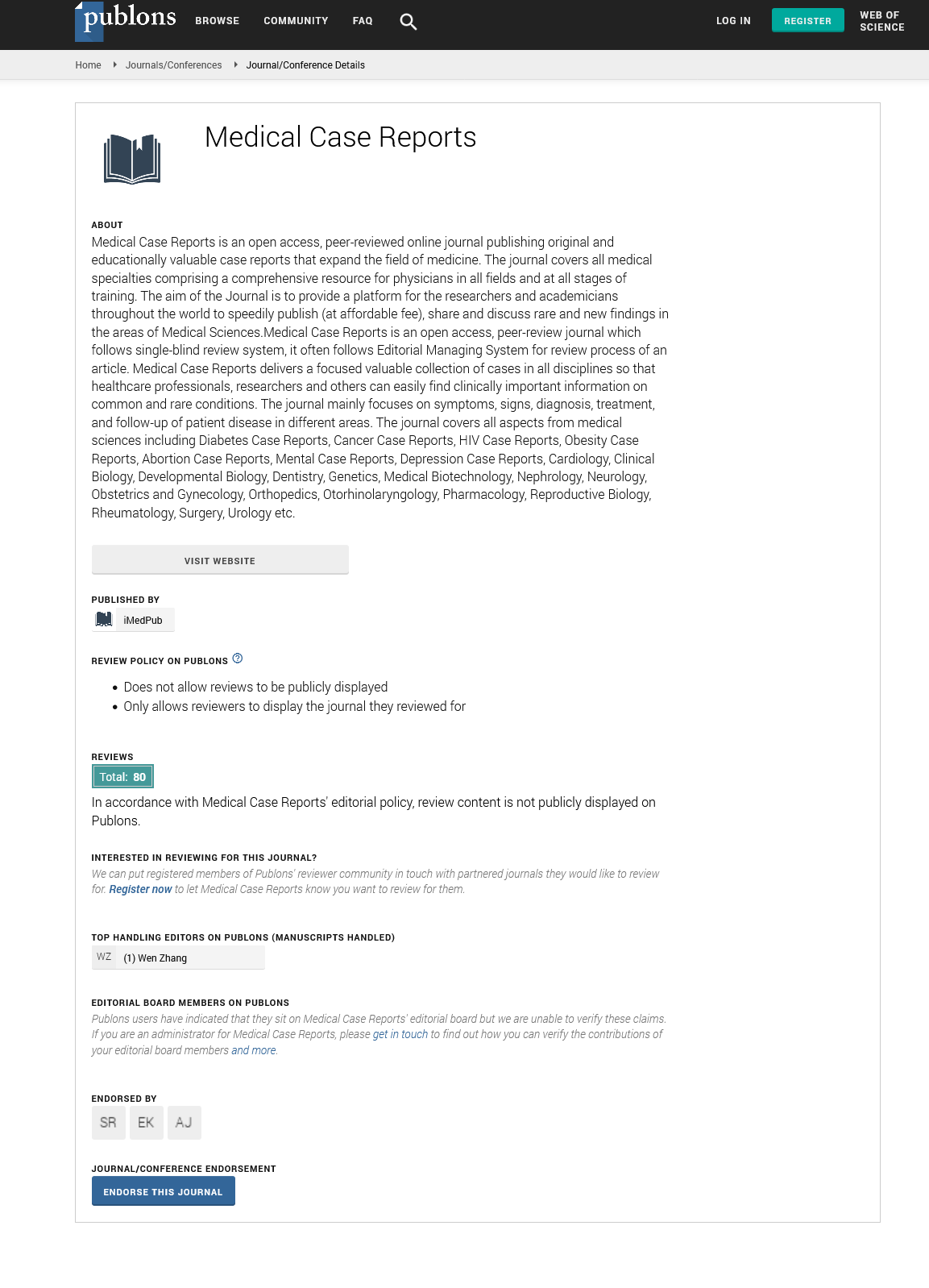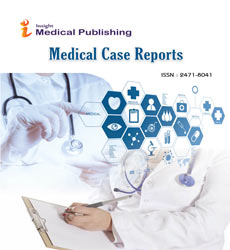Abstract
Upper Gastrointestinal Bleeding and the Importance of an Early Endoscopic Study for Diagnosis: A Retrospective Study
Objectives: Determine if the time of early endoscopy modifies the patients evolution and hospitalization stay in patients with upper gastrointestinal bleeding.
Design: A retrospective and transversal study.
Setting: Primary care Hospital, in Tegucigalpa, Honduras. Participants we review a total of 115 medical records with diagnosis of upper gastrointestinal bleeding who attended the Emergency unit of the Social Security Institute Hospital in Tegucigalpa MDC Period from January 1 to December 31 of 2011.
Results: We registered 115 patients with diagnosis of upper gastrointestinal bleeding of whom 92.17% underwent upper endoscopy study. Early endoscopy was performed within 24 hours in 10.38% of patients, in this group the average hospitalization stay was 3.1 days. Early endoscopy within the first 24 hours significantly reduced (p=0.0001) hospitalization stay. The mean length of hospital stay was 4.74 days.
The main etiology of upper gastrointestinal bleeding was non-variceal 64.1%. Peptic ulcer disease type Forrest III (clean base ulcer) was the most frequent in 77.78%. The mean hospitalization stay in patients with peptic ulcer disease type Forrest III was 4.6 days. No endoscopy study was performed in 9 patients of whom all died because of hemodynamic instability and lack of an emergency endoscopy unit in the hospital.
Conclusion: Early endoscopy determines the patient’s evolution and hospitalization stay.
Author(s):
Elvin Omar Videa-Irías, Juan Carlos Zapata-Colindres, Kenneth Rafael Bustillo-Muñoz and Daniells Andrea-Erazo
Abstract | Full-Text | PDF
Share this

Google scholar citation report
Citations : 241
Medical Case Reports received 241 citations as per google scholar report
Medical Case Reports peer review process verified at publons
Abstracted/Indexed in
- Google Scholar
- China National Knowledge Infrastructure (CNKI)
- Cosmos IF
- Directory of Research Journal Indexing (DRJI)
- WorldCat
- Publons
- Secret Search Engine Labs
- Euro Pub
Open Access Journals
- Aquaculture & Veterinary Science
- Chemistry & Chemical Sciences
- Clinical Sciences
- Engineering
- General Science
- Genetics & Molecular Biology
- Health Care & Nursing
- Immunology & Microbiology
- Materials Science
- Mathematics & Physics
- Medical Sciences
- Neurology & Psychiatry
- Oncology & Cancer Science
- Pharmaceutical Sciences


